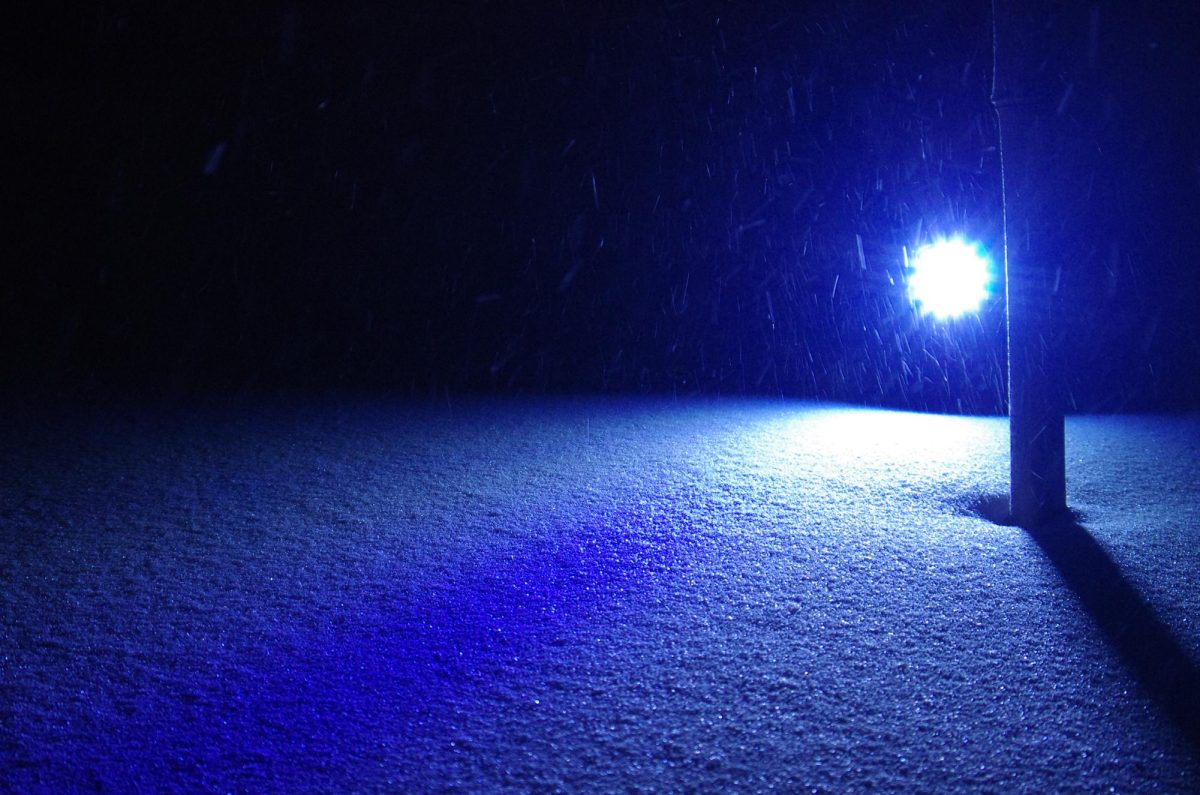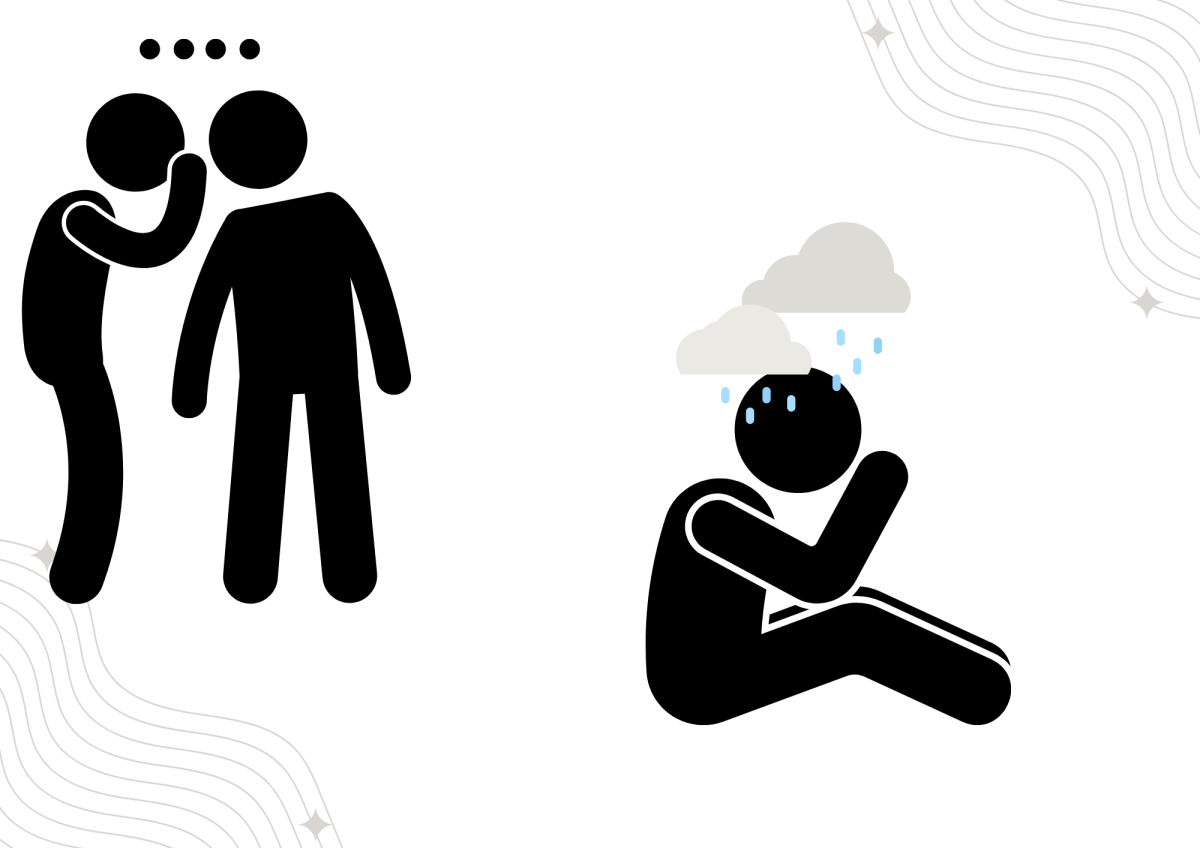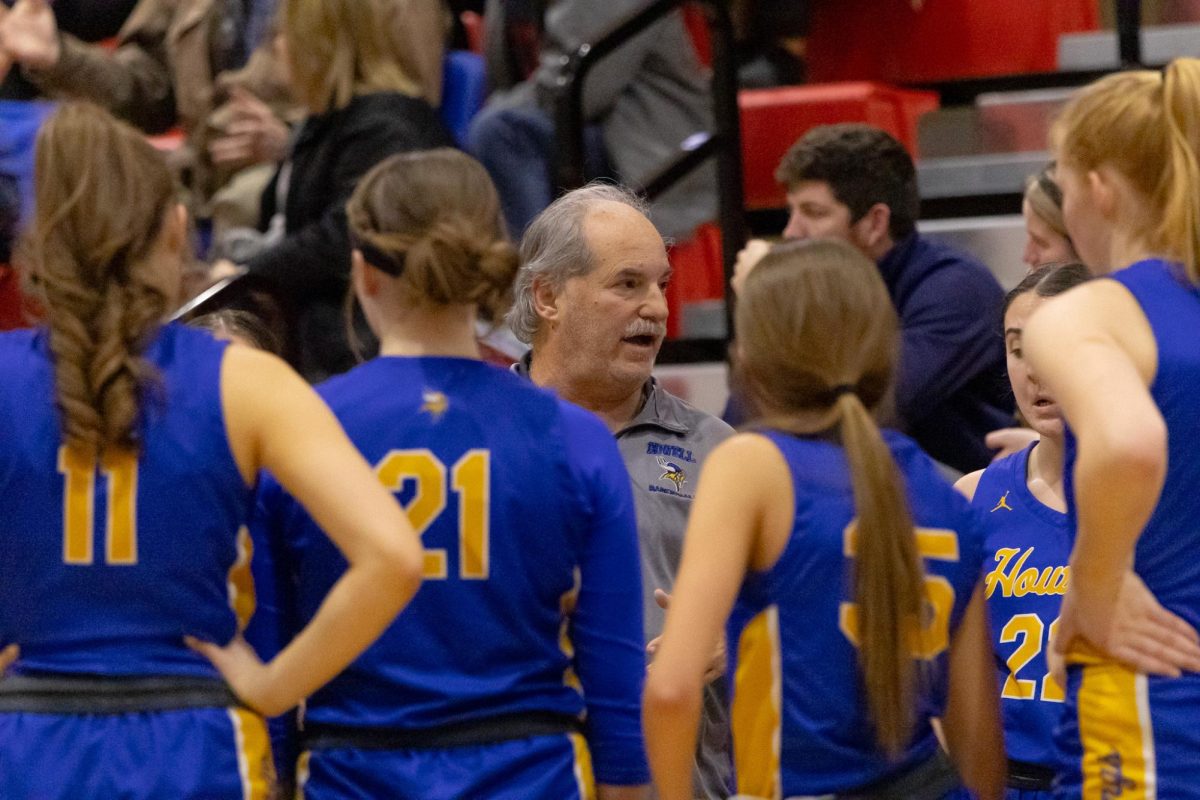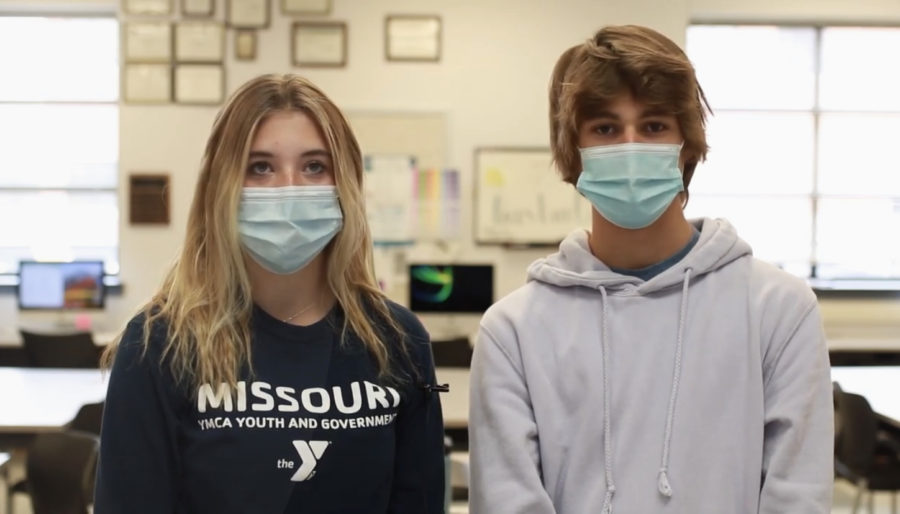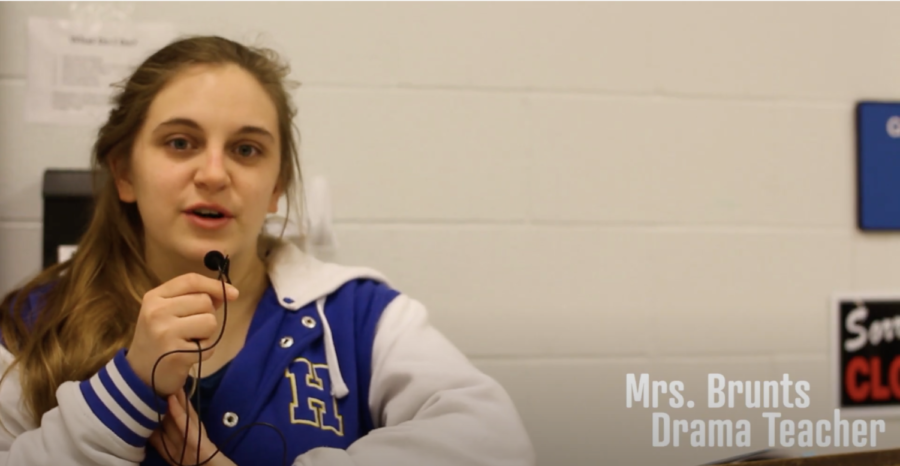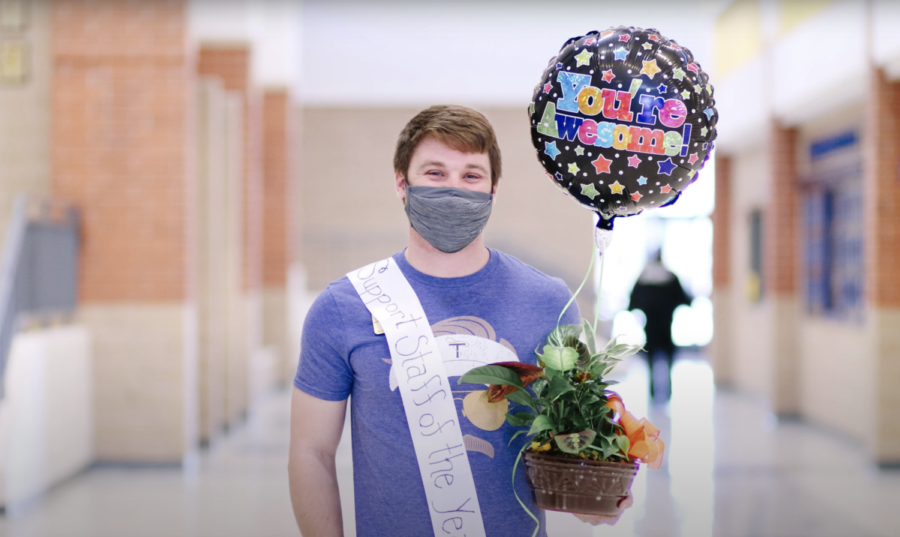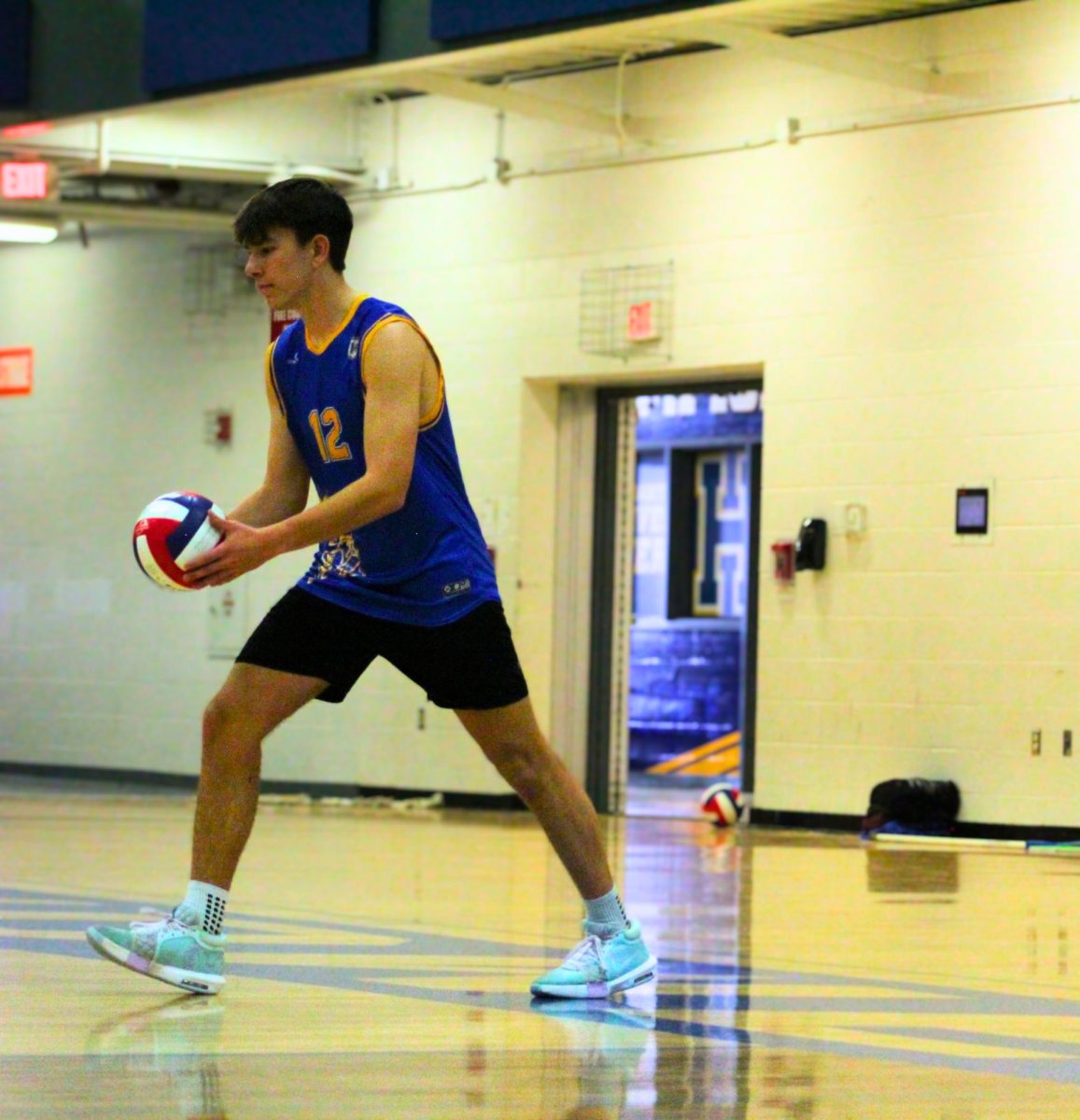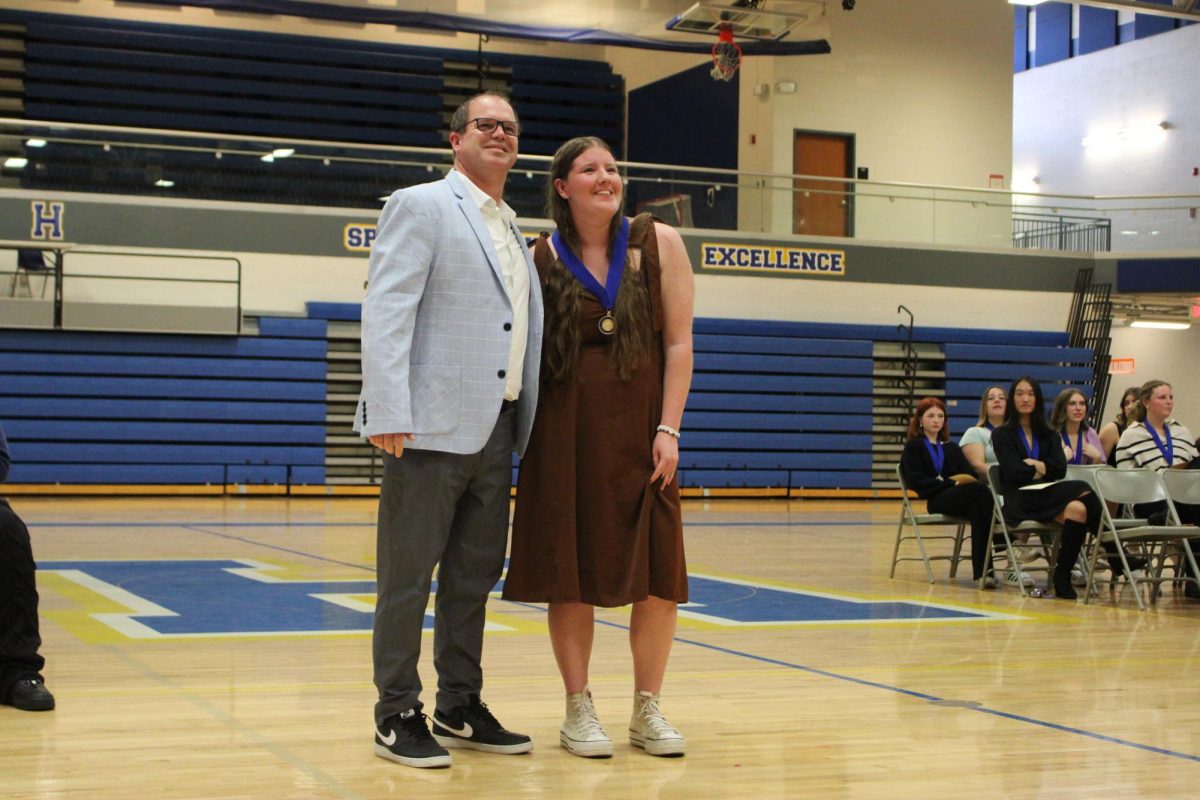According to the Child Mind Institute, teenagers ages 13-19 need at least nine hours of sleep a night in order to function properly. On average, 70% of teenagers get less than the recommended nine hours of sleep, with 60% of these kids reporting sleeping less than seven hours. Less than seven hours of sleep. That means teens spend more time at school than they do getting vital sleep.
Although this might seem rather insignificant, sleep is imperative to the human body. Not getting adequate sleep at night can not only be detrimental to a teen’s learning, but it can also cause a multitude of dangerous side effects. Sleep deprivation occurs when a person gets an insufficient amount of sleep for multiple days in a row, accumulating what the CDC calls a “sleep debt.” The body’s need for sleep will always overrule any desire to stay awake, causing the brain to go into micro sleep, when the brain shuts off in increments of two to three seconds. A couple seconds might not seem like a lot of time, but mere seconds can be the difference between life and death for a teenager behind the wheel. A teen driving while tired can suffer the same unfortunate fate as one driving under the influence of drugs and alcohol. Society is appalled at the thought of drunk driving but will allow thousands of sleep-deprived teens to drive to school in the morning with the same level of consciousness as someone under the influence.
So what causes the dwindling amount of hours of sleep teens get each night? Increases in the amount of homework, extracurricular activities such as sports or clubs and more teens going into the workforce all contribute to their lack of sleep. Many teenagers, especially those involved in sports and clubs, have activities that last one to two hours after school. Imagine the life of a teenager who is involved in multiple AP courses, goes straight from school to their sport/activity then to work, and finally home, where they spend the next three hours working on homework, getting to bed around 12:00 a.m. They proceed to wake up bright and early around 6:00 a.m. and do it all over again, day after day. Eventually, this teen will be unable to maintain their rigorous routine and will be forced to either prioritize their sleep, even if this means not completing all their homework, or will end up skipping school in order to catch up on sleep.
The desire to succeed, in addition to the high expectations of colleges, can be a driving force for many teens. Colleges are only getting more competitive as time goes on, and teenagers feel like they need to do it all in order to not only get accepted into college, but also hopefully obtain a scholarship. It seems as though kids keep getting smarter, and while this is good for society, this only furthers the narrative that having good grades isn’t enough to secure a spot at a university. Counselors advise students to make sure they are “well-rounded” and that “being involved in extracurriculars isn’t enough, you need volunteer hours as well,” and while there’s nothing wrong with this, students will never get the amount of sleep necessary for their survival if they are spreading themselves too thin. The reality of the situation is, no one can do it all.
If society is truly concerned about the wellbeing of teenagers, then something has to change. Various school districts have pushed back the start time of school, making it so the high schoolers get an extra hour of sleep in the mornings. Others have increased the number of blended learning classes available. These classes allow students to sleep in or leave school early as long as they get their work done. Many students would thrive in this environment, as it allows them to work at their own pace and still complete their work. Overall, students must prioritize their health above all, and sleep is a crucial part in maintaining a healthy lifestyle.




